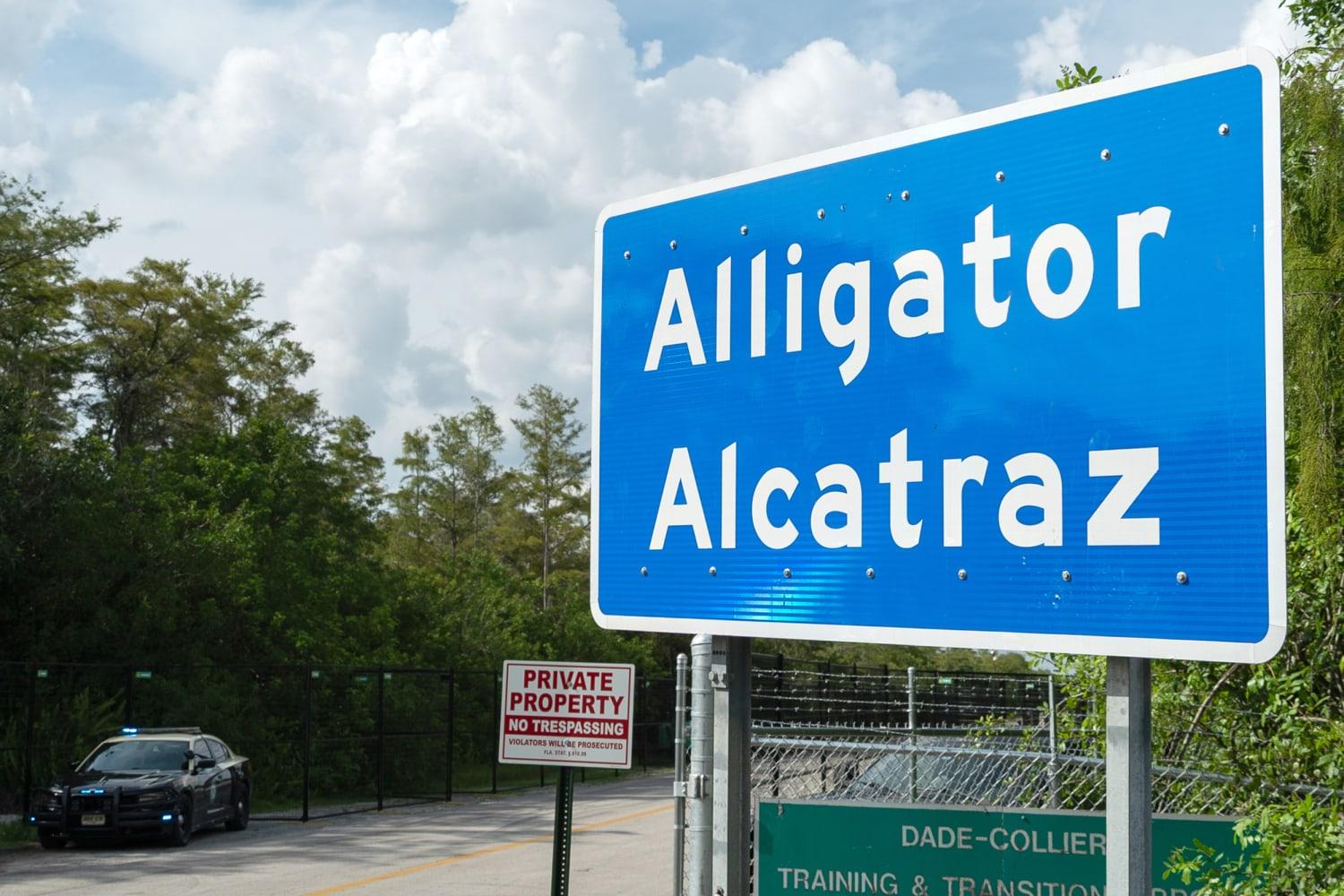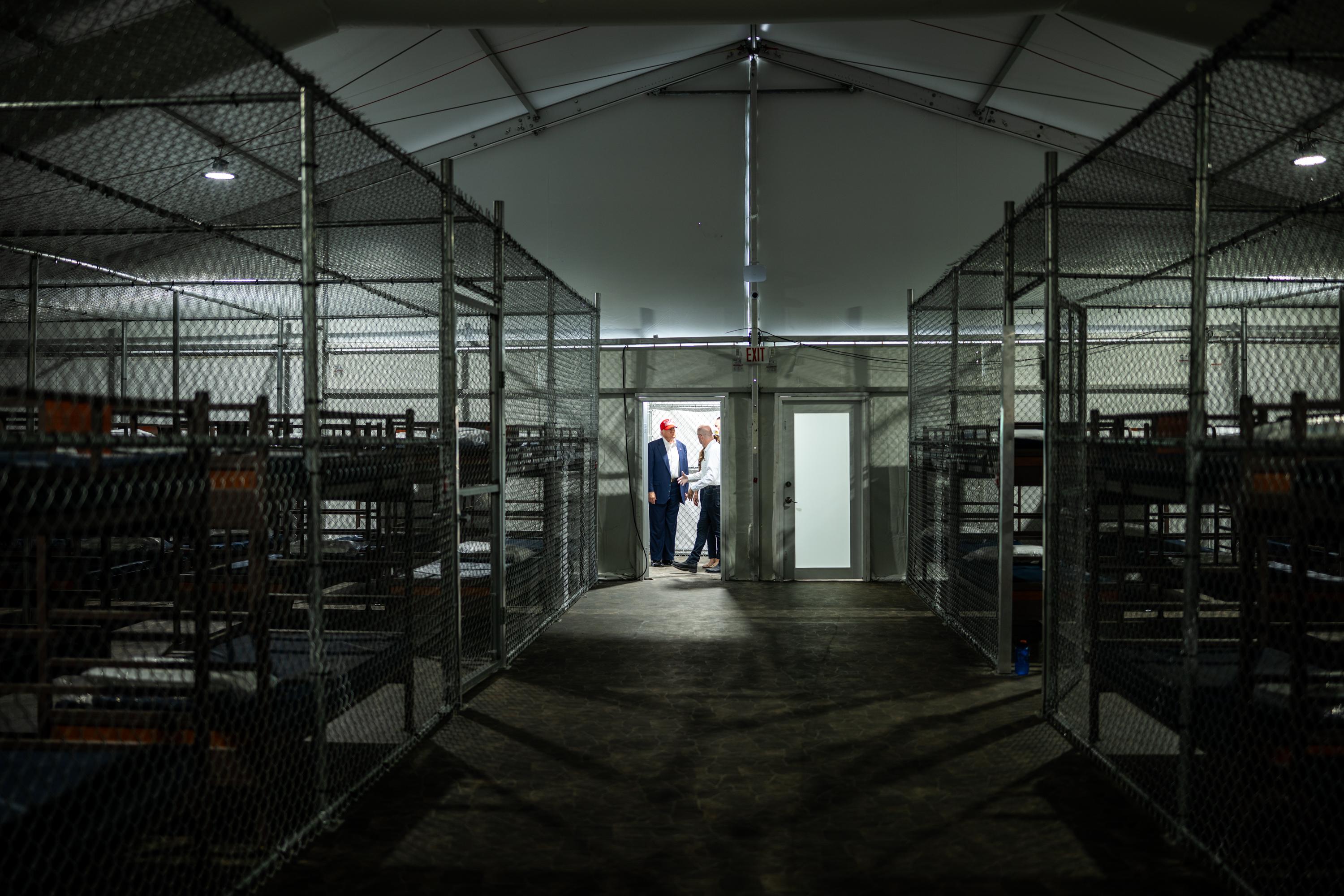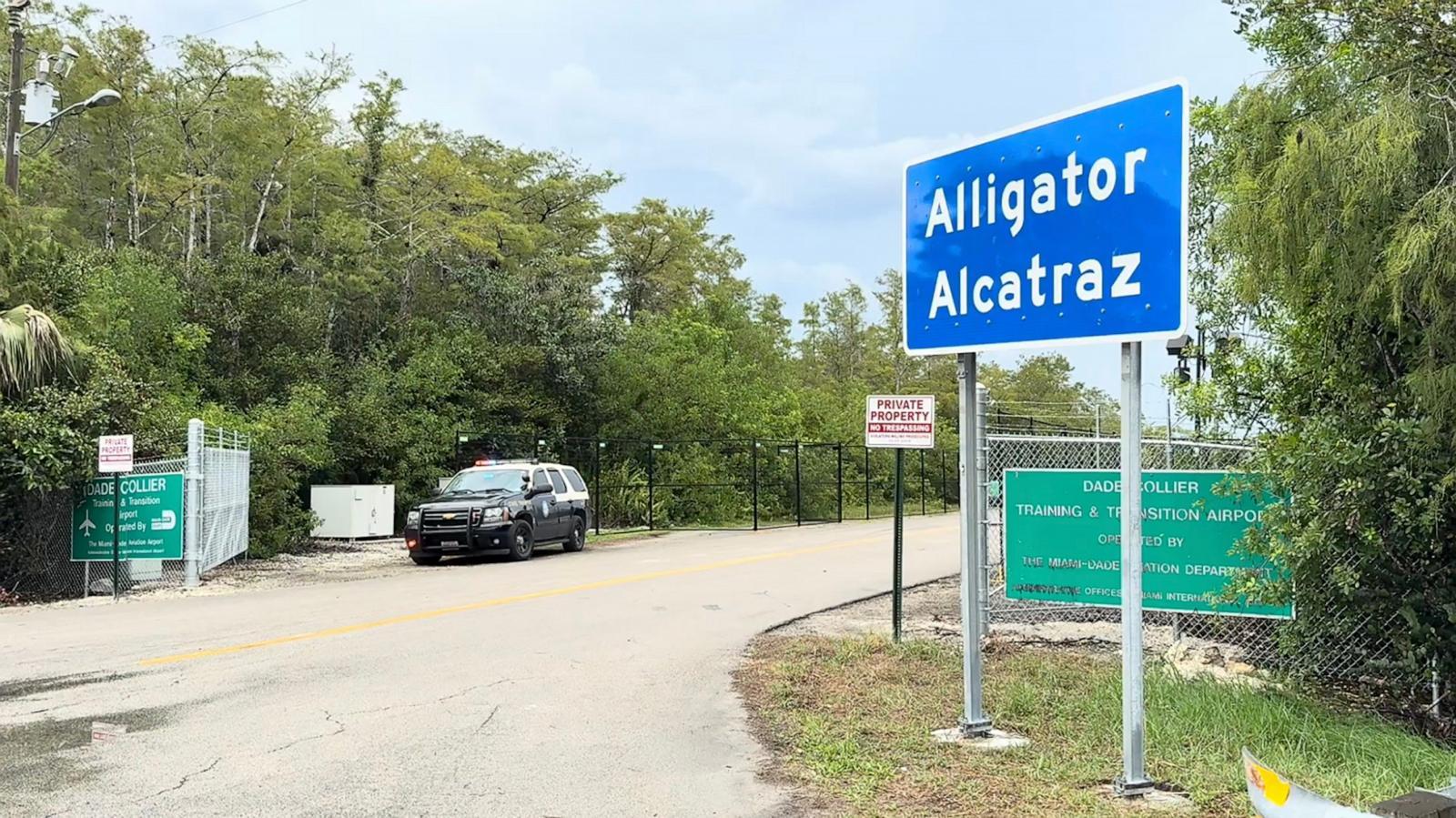Alligator Alcatraz Immigration Centre Remains Operational: Court Ruling Explained
In a significant decision, the appellate court upheld the operations of the controversial detention facility, allowing it to continue processing immigration cases. This ruling comes amid ongoing debates regarding the treatment of detainees in such centers and the broader implications for immigration policy. Key points raised in the court’s opinion included:
- Legal Precedent: The court cited previous rulings that have affirmed the rights of immigration authorities to detain individuals while their cases are resolved.
- Safety Regulations: Officials assured that the facility complies with state and federal safety standards, mitigating concerns about conditions within the center.
- Allocation of Resources: The ruling emphasized the need for operational centers to manage the influx of immigration cases effectively, pointing to a backlog that has strained federal resources.
Critics of the decision argue that the facility, nicknamed “Alligator Alcatraz” for its notorious reputation, exemplifies the systemic issues within the immigration system. Activists have raised alarms over reports of inadequate medical care and psychological support for detainees. The ruling, however, underscores the ongoing tensions between immigration enforcement and humanitarian concerns, leaving many to question how these centers can balance their operational mandates with the rights and dignity of those they detain. Moving forward, advocates are preparing to challenge the ruling, citing a need for extensive reform in the immigration detention landscape.

Potential Impacts on Immigration Policy and Community Dynamics
The recent ruling by an appeals court to allow the continued operation of the controversial ‘Alligator Alcatraz’ immigration centre is poised to significantly influence both immigration policy and community dynamics across the nation. Proponents of the facility argue that it serves a critical function in managing the influx of migrants, thereby reinforcing existing immigration law and enhancing national security. conversely, critics decry the decision as a potential perpetuation of inhumane conditions for detainees and an exacerbation of divisive sentiments surrounding immigration, further polarizing communities already grappling with differing perspectives on newcomers.
As the facility remains functional, local communities are likely to experience varying effects. Many may see an increase in activism and advocacy as citizens rally around the issue, resulting in heightened public discourse on immigration reform. This could lead to:
- Increased tensions between differing community factions.
- Humanitarian efforts from local organizations seeking to support affected detainees and their families.
- Policy discussions that explore alternatives to detention and focus on comprehensive reform.
Such shifts in dialogue and action will be crucial in shaping not only the immediate responses to this ruling but also the broader landscape of immigration policy and integration within diverse communities moving forward.

Navigating the Legal Landscape: What This Decision Means for Future Cases
The recent ruling by the appeals court to allow the continued operation of the ‘Alligator Alcatraz’ immigration centre marks a significant moment in immigration law, with implications that could resonate across various cases in the future. By affirming the centre’s status, the court has set a precedent that may influence how similar facilities are evaluated in terms of legality and human rights considerations. This ruling underscores the delicate balance that courts must maintain between national security interests and the rights of individuals facing immigration proceedings. Key outcomes to consider include:
- Precedent for Future Challenges: This decision could embolden the government to maintain or expand its immigration enforcement strategies, potentially affecting how courts handle subsequent challenges to detention facilities.
- Impact on legal Arguments: The reasoning provided by the court may guide attorneys in framing cases related to the treatment of detainees and operational standards at immigration centres.
- Broader Implications for Policy: The ruling might signal to lawmakers the judiciary’s stance on immigration policies, thereby influencing upcoming legislation regarding the detention of immigrants.
Moreover, this decision invites scrutiny over the conditions and treatment within such detention centres, a topic that has gained traction in both public discourse and legal debates. as advocates and organizations spotlight the human rights concerns associated with immigrant detention, this ruling will likely prompt a fresh wave of legal actions and advocacy efforts aimed at reform. Observers should pay close attention to how lower courts interpret this ruling in future cases, particularly concerning:
- Litigation Strategies: Legal representatives may adopt new approaches based on this decision, challenging the constitutionality of similar facilities across the country.
- Detention Practices: Continued public and legal advocacy might lead to modifications in how detention practices are observed and regulated.
- Public Response: The reaction from community groups and the public could shape national conversations around immigration policy and practices, pressuring lawmakers to address perceived injustices.

Calls for Reform: Advocates Urge Changes to Immigration Detention Practices
In the wake of a recent appellate court ruling that allows the controversial ‘Alligator Alcatraz’ immigration detention center to remain operational, advocates for reform are rallying for significant changes to current immigration detention practices. They argue that the conditions within such facilities are inhumane and violate basic human rights. Activists highlight several key issues:
- Prolonged Detention: Many detainees are held for extended periods without a fair hearing,leading to mental and emotional distress.
- Lack of Transparency: Families and legal representatives often struggle to obtain data about detainees’ status and treatment.
- Medical Negligence: Reports of inadequate medical care and neglect have surfaced, sparking concerns about the welfare of vulnerable populations.
Advocates are calling for a complete overhaul of detention protocols, emphasizing the need for more humane alternatives. They propose measures such as:
- Community-Based Solutions: Programs that allow individuals to reside within their communities while awaiting their immigration hearings.
- Increased Oversight: regular audits and inspections of detention facilities by independant organizations to ensure compliance with human rights standards.
- Legal Support Access: Enhanced access to legal resources for detainees to ensure they can effectively navigate the immigration process.
